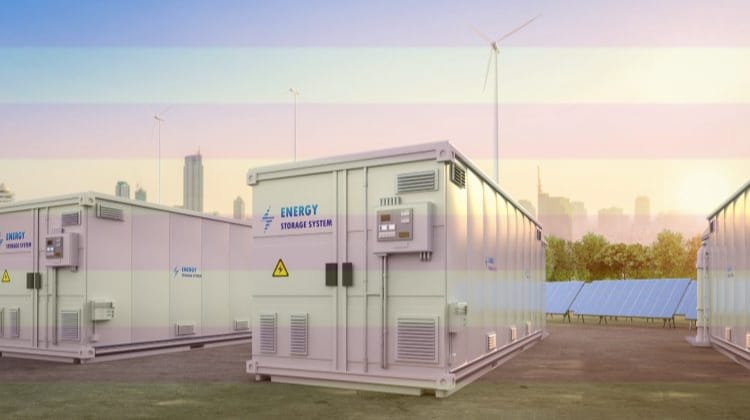Catalonia has taken a decisive step towards accelerating its energy transition with the approval of Decree Law 4/2025, which for the first time regulates battery storage and declares overriding public interest for renewable energy and storage projects. The regulation, published in the DOGC, seeks to streamline the processing of 94 applications totalling 1 GW in battery storage, of which 920 MW are stand-alone projects and 22 MW are hybridised.
In an exclusive interview with Strategic Energy Europe, Alejandro Labanda, Director of Ecological Transition at beBartlet, stressed that the declaration of overriding public interest is a key provision.
“The main objective is to shorten permitting times, which can currently exceed four years. European regulations set maximum timeframes of twelve months,” he explains.
Labanda believes the decree can structurally change project implementation. “What remains to be seen is the detail: whether positive silence will apply to required reports, whether it will take precedence over local regulations, or whether concrete deadlines will be shortened. But its very existence is already a valuable regulatory signal,” he observes.
In his view, autonomous communities play a key role as regulatory innovation laboratories in Spain. “Creating jurisprudence and tangible references is what enables other regions to adopt similar mechanisms. This is what happened with the project permitting unit in Andalusia, and it could happen now with Catalonia’s model,” he asserts.
The political and energy context adds to the urgency. Catalonia is one of the last autonomous communities to initiate its energy transition, and the penetration of renewables remains low. According to Red Eléctrica de España (REE), in 2024 the share of renewable energy in Catalonia’s electricity generation was 22.8%, compared to a national average of 52.4%. Moreover, the region has only 410 MW of installed solar PV, just 1.5% of the national total, and still relies heavily on thermal power generation. This highlights the need for measures such as the new decree to reverse this lag.
“Catalonia is making a 180-degree turn in its energy policy. This decree is just the first piece: new measures on biomethane, digitalisation and administrative simplification are on the way,” adds the beBartlet executive.
Indeed, the regional government is working on a Comprehensive Energy Law, expected to begin its legislative process in 2025, which aims to address the weaknesses of the current regional energy model. The forthcoming law will include a multi-year energy planning framework, remuneration criteria for energy communities, and specific procedures to expedite administrative authorisations, aligning with the direction set by the recently announced decree.
Decree Law 4/2025 amends Decree Law 16/2019 to grant energy storage the same legal status as renewable energy installations. Consequently, storage facilities are classified as “technical infrastructure services of public utility or social interest” on non-developable land, as stipulated by European legislation through Directive REN3.
Additionally, industry associations have welcomed the initiative. AEPIBAL highlighted that the decree “flings open the doors to the development of storage projects” and expressed gratitude to government officials for their leadership.
Meanwhile, UNEF stressed the need for swift and effective implementation. “It would be incomprehensible for anyone to use any excuse to delay its enforcement,” stated Salvador Salat, regional delegate in Catalonia.
The solar association emphasised that the regulation should help transform the perception of storage: from an administrative hurdle to a core asset of the energy transition. Furthermore, its General Director José Donoso pointed out that “photovoltaic technology, with storage, gridforming, and the new Procedure 7.4, can contribute more to grid stability than fossil sources”.
Catalonia thus positions itself as a benchmark in energy storage regulation, with a model that could be replicated nationwide. But as Labanda stresses, “the key will lie in the practical and effective application of this new framework“.






























